“Mr Benthaus,” said Hitzfeld, “Mr Benthaus, I’d like to ask you whether I can come for a trial with FC Basel, assuming you actually hold them.” On the other end of the telephone line, Helmut Benthaus likely puckered his brow because he did not know this young footballer from the small club of FV Lörrach who had grown up in Stetten on the other side of the border. But after two or three attempts at restrained self-promotion, Hitzfeld talked the successful FCB coach Benthaus around. He could have a trial on a spring day in 1971 aged 22. When his golden opportunity arrived, he drove the short distance across the border in a Volkswagen Beetle. He arrived at his destination very early because he wanted to get a feel for his new surroundings and to find his feet. Benthaus did not take long to decide. Just a few impressions made in training were enough for him to inform the club management that this young man should be offered a contract.
Autumn 2013, 42 years later. The footballing nobody has become the “Hitzfeld” label, a world-class coach who won the Champions League with Borussia Dortmund (1997) and Bayern Munich (2001) and who has secured qualification for the 2014 World Cup with the Swiss national team. The view of the management of the Swiss Football Association was unequivocal – we need to offer this now somewhat older man a new contract. On 16 October 2013, two senior officials from the association sat down around a table with him with high and not unjustified hopes, but Hitzfeld plainly stated: “I’m stepping down.” He will retire after the World Cup in Brazil, and his decision is final. Hitzfeld announced his departure publicly on 17 October 2013. He was close to tears and had to summon up courage to take this step. And as though wanting to justify this decision – to the public and probably as much to himself – he said: “It is important to step down at the height of your powers.”
Marked by life
The Hitzfeld brand might stand for success and an array of titles but it also exemplifies exhaustion. In contrast to other managers of his calibre, he makes no secret of it. His body does not conceal the signs. For others, the hair simply turns grey or thins out: José Mourinho resembles George Clooney, and Pep Guardiola a self-satisfied, bald ascetic. But the crater-like furrows on Hitzfeld’s brow look as though they have been etched in. The more important the upcoming match, the deeper the lines. They are very visible indications of how much his managerial career has taken out of him, especially in the German Bundesliga, which never allows its protagonists time to hang around in a Volkswagen Beetle for a few minutes to get a feel for new surroundings and to find their feet.
In 1991, Hitzfeld left Zurich Grasshoppers as a championship-winning manager to join Borussia Dortmund. Some Germans derided him as a small-time Swiss. While it is true that he had visited the swimming pool in Riehen as a young boy and went shopping in Switzerland, he was in actual fact one of them. But many Germans were not interested in hearing that at first. Hitzfeld had to endure a fight for recognition and approval that others were spared because they had been big stars as footballers, though often they were soon forgotten because they were unsuccessful in management.
At times like this when he has something to prove, Hitzfeld’s instinct for self-preservation comes to the fore. He is like a perpetuum mobile. Ever since his coaching career began in 1983 with SC Zug in the Nationalliga B, the second tier of Swiss football, he has constantly been on the go. Hitzfeld was a young father, the club president a building contractor with a tendency to be hot-headed. Hitzfeld was aware that nobody remembers a manager who fails at his first job. Hitzfeld did not fail anywhere, not at Zug, nor at Aarau and nor with Grasshoppers. And his instinct for self-preservation also helped him to overcome homesickness and to make an immediate impact at Dortmund. He subsequently made Dortmund better and better, and the first few lines started to appear on his forehead. When he suffered with lower back pain in 1994, Hitzfeld decided to use cortisone injections to cope with the hectic pace of life in the Bundesliga. He took no time off to recover – until the side-effects of the cortisone led to an intestinal rupture. “I was close to death,” revealed Hitzfeld in the biography by Josef Hochstrasser published in 2008.
Not fit enough
In 1997, after six years at Dortmund, he received an offer from Real Madrid, but Hitzfeld, at 48 years old, was burnt out. A great communicator but no linguist, he feared the “behemoth” of the Spanish language. He decided: “You are not physically or mentally fit enough to embark upon a new challenge.” He stood down and accepted the position of Dortmund’s sporting director. He once said that it took a long time before he was able to “enjoy being able to sleep better and find inner peace”. Accounts from 2004 sound even more dramatic. He felt only relief when Uli Hoeness, Bayern’s manager at the time, told him one evening that he was thinking of terminating his contract prematurely after five seasons and eleven titles. Hitzfeld had felt himself that he was at the end of his tether. “I was plagued by terrible insomnia. I was no longer able to recuperate or to make clear decisions about which matters I should give my full attention to.” He continued: “I was no longer getting any pleasure out of life. I found every little task a chore. I did not want to get up in the morning and was living in my own little world.”It is astonishing that someone so given to self-reflection has constantly allowed himself to be tempted back to the coaching dugout. One reason might be that Hitzfeld’s character is coloured not just by his instinct for self-preservation but also by his penchant for gambling. This trait not only means he always wants to win but is also usually clever and calculating. In the early 1980s, when his playing career was coming to an end at FC Lucerne, he was a notorious poker player. When a game was planned for the evening, he is said to have slept for two hours during the afternoon so he would be fresher than his opponents in the evening. Hitzfeld is always seeking to exercise control. Many journalists have followed him closely over many years, but hardly any have got really close to him. He gives little away about his private life. But if you listen to him carefully, you will sometimes detect a discord which wears him down and shapes his life: On the one hand, there is the indomitable desire to win and, on the other – actually incompatible with it – is the unconquerable fear of failure. Hitzfeld has achieved more success than almost anyone else and yet he feels the need to constantly prove himself time and time again – it is as though the achievement is not good enough even if it represents the zenith.The fact that the highly successful Hitzfeld is extremely unlikely to win the last match of his career might be seen as a deliberately chosen and cynical end. Even the most optimistic of people would not expect Switzerland to become world champions in Brazil. They will either fail to progress from the group stage or get eliminated in the subsequent knock-out rounds. Hitzfeld remarks: “We’ll see. The round of sixteen is our primary objective. If we’re well prepared and give our all, there are no limits to what can be achieved.” Hitzfeld won’t relent. What has been with him throughout his life will remain there to the end – the hope of not losing because defeats diminish the enjoyment of life.When FC Bayern Munich asked him to step in again as coach in 2007 in an emergency situation, Hitzfeld accepted the offer without hesitation but recognised at the same time that he had fooled himself. He knew that he would have come to a different conclusion had he given himself time to reflect. His decision would then have been: Bayern, never again.In autumn 2013, he took longer, much longer, to reflect and hardly anyone knew about it. He did not want others to influence him, to listen to any well-intentioned advice or to prompt people to exercise unwelcome powers of persuasion. He simply wanted to listen to himself, his wife, his body and his soul. He will still travel to Brazil and the furrows on his brow will become even deeper. He will sit in the Swiss dugout on a few more occasions, lose for one last time and then make his departure never to return. He has succeeded in giving up an addiction. He lacks the courage to take it up again.
BENJAMIN STEFFEN is an editor with the “Neue Zürcher Zeitung”
An eventful life
The 50-year-old Vladimir Petkovic, a coach who spent a long time on the peripheries of Swiss football, has been appointed as Ottmar Hitzfeld’s successor. In 1987, when he arrived from Sarajevo, he joined FC Chur in the Nationalliga B; in the years that followed, he played and coached in peripheral regions in geographical and footballing terms, including Valais, Grisons and Ticino. For a few years the Swiss-Croatian dual citizen also worked part-time as a social worker until the Bernese club Young Boys gave him the opportunity to manage a Super League club in 2008. He came close to winning a title on several occasions. In 2013, he led the Serie A club Lazio of Rome to a cup victory. �BSN

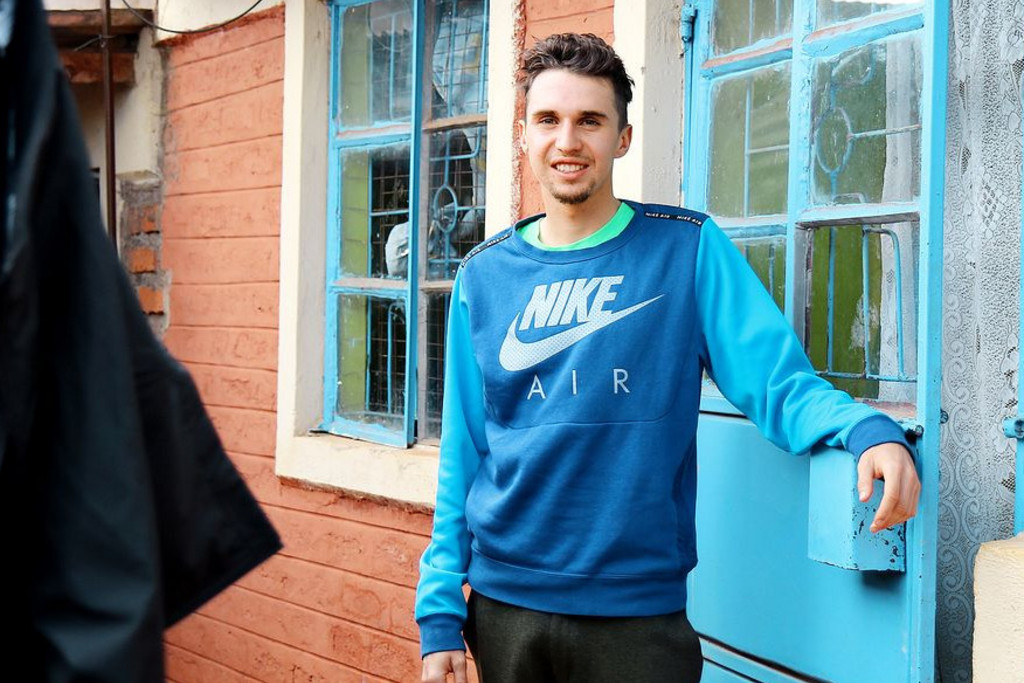
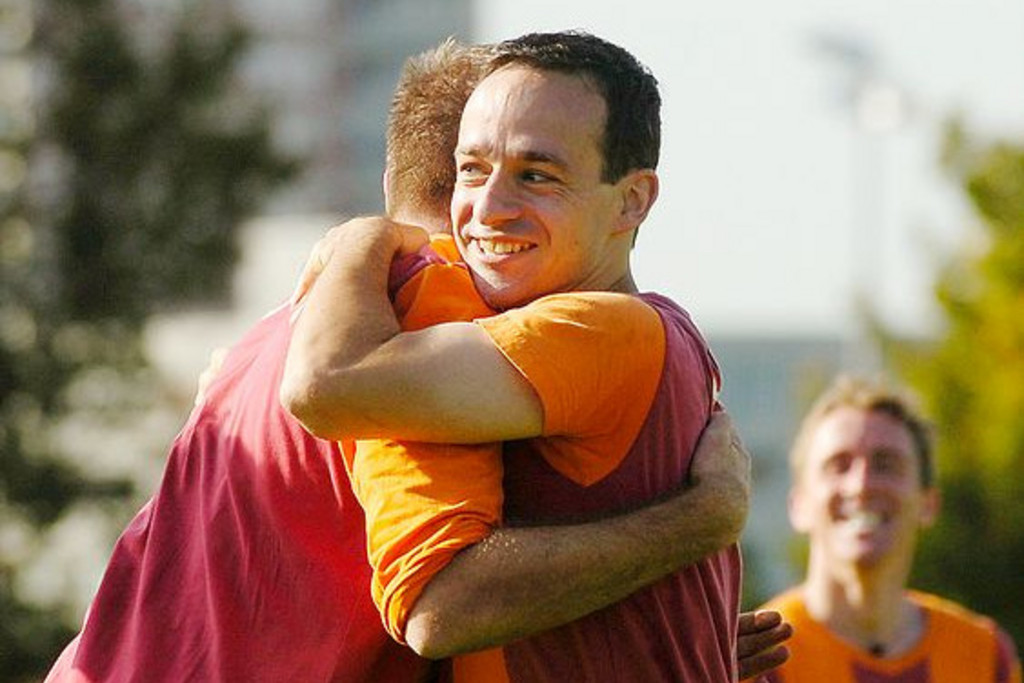
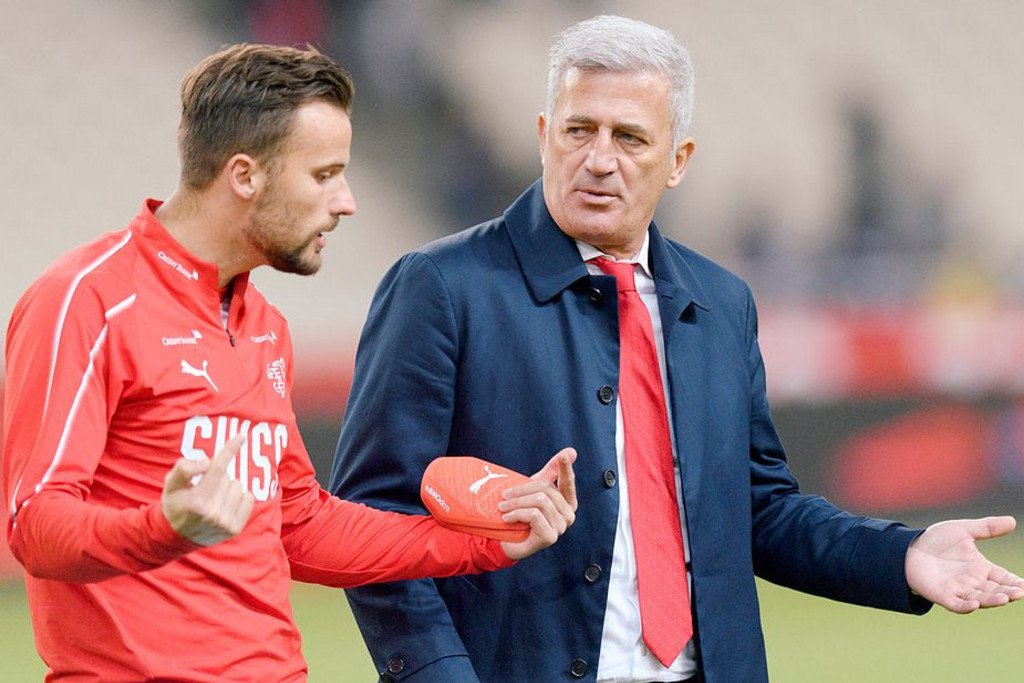

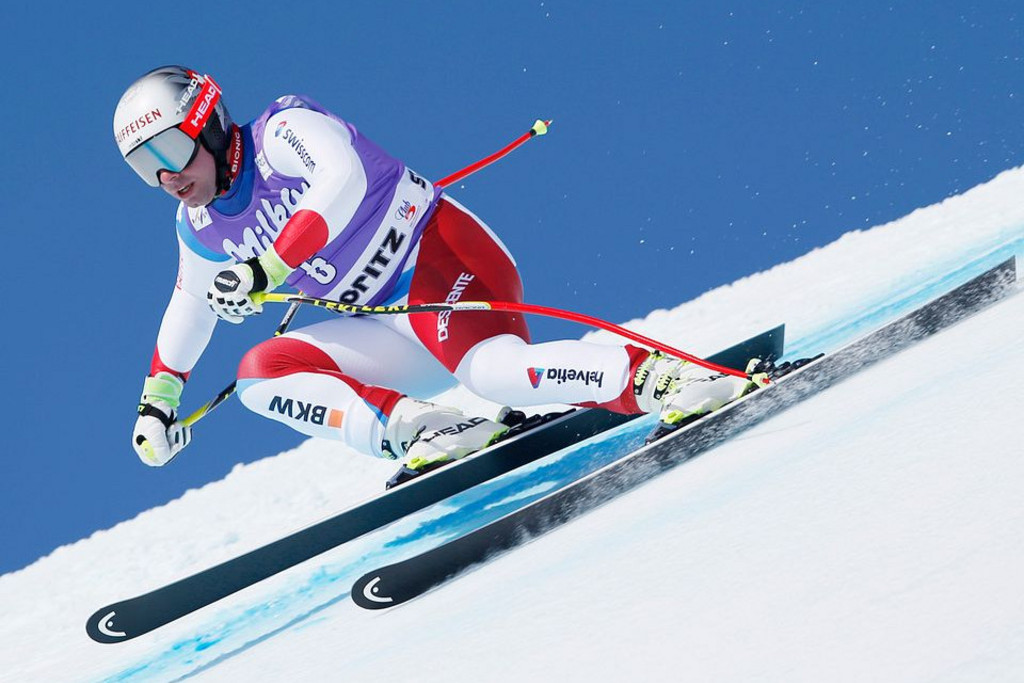
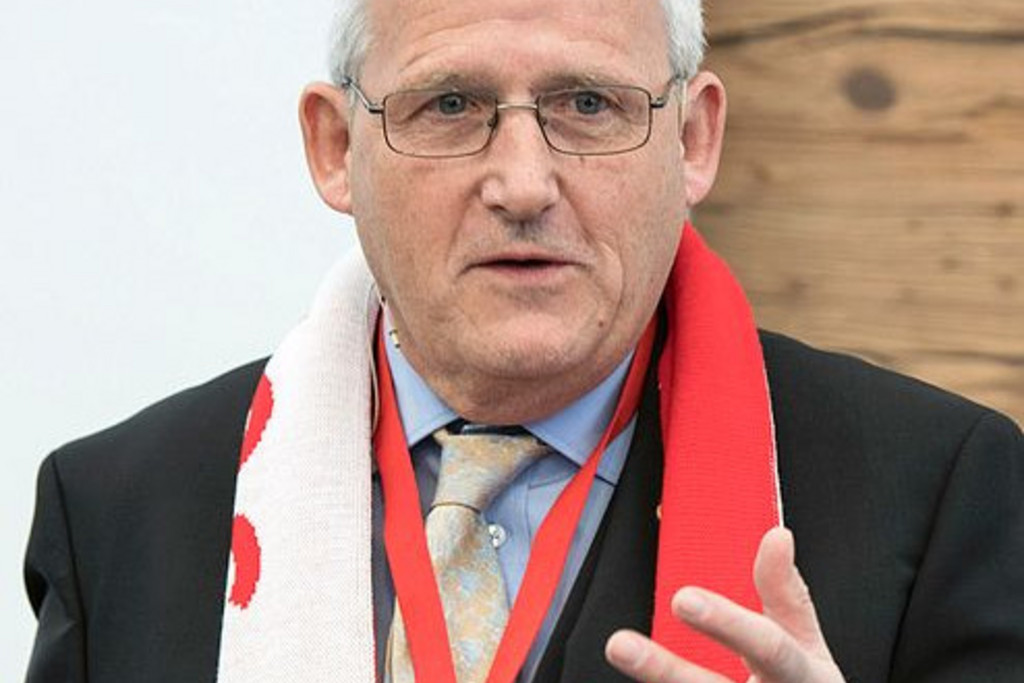
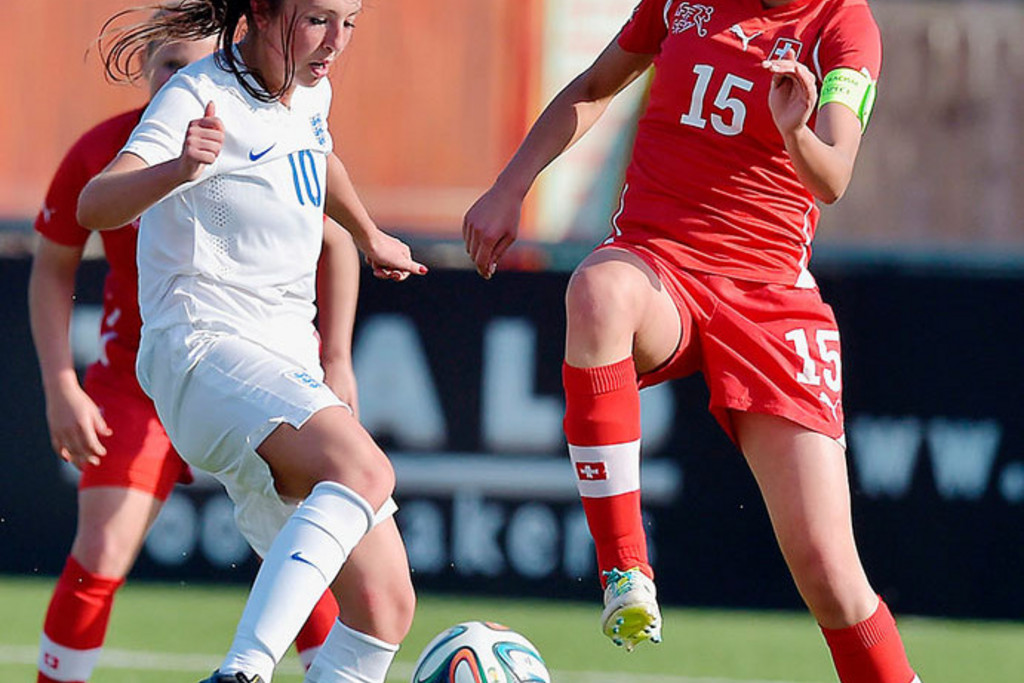



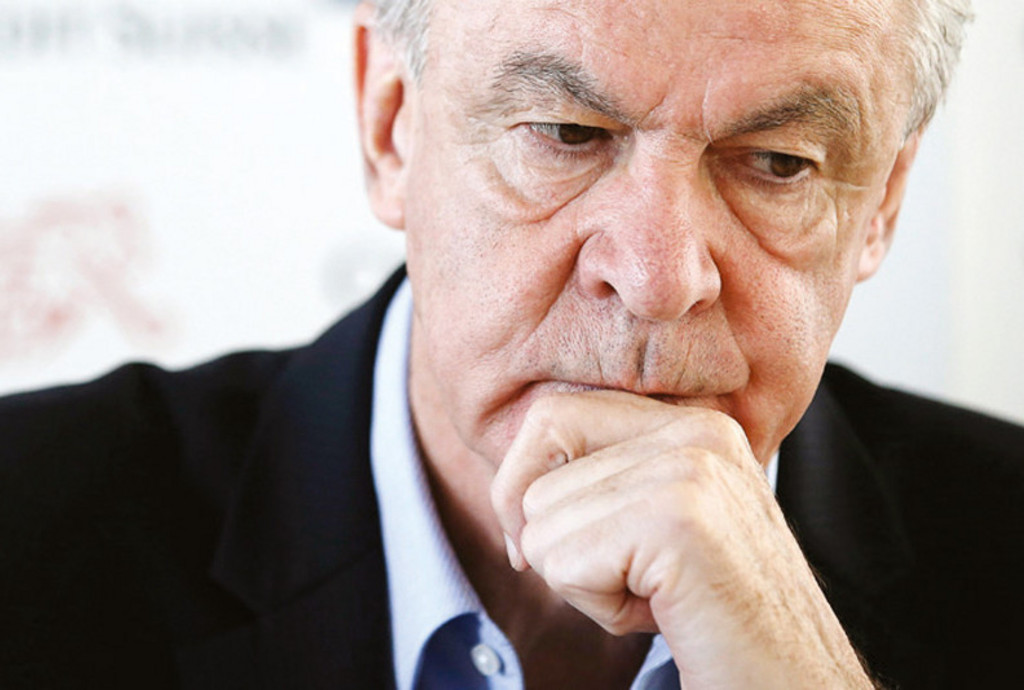
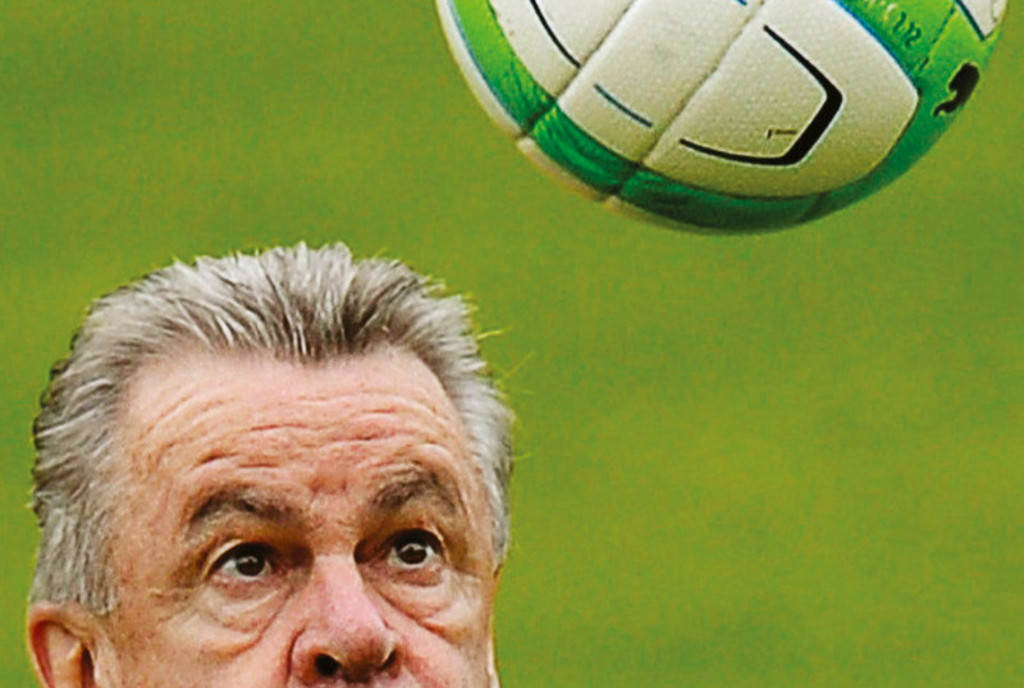
Comments